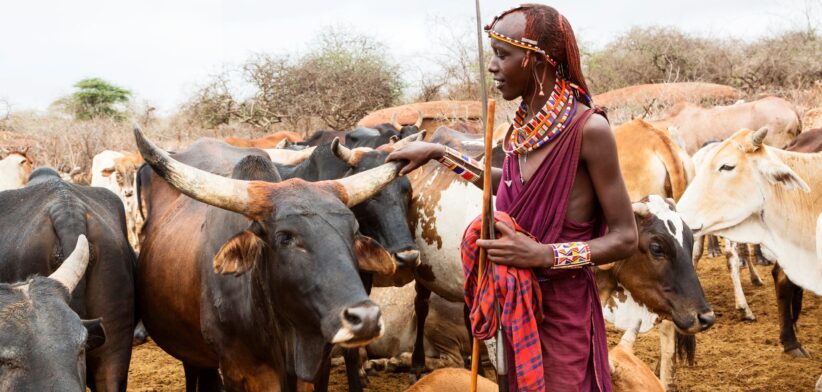Farmers in Africa and India will benefit from QUT research which has been boosted by a $6 million grant from the Bill & Melinda Gates Foundation.
With the goal of lifting the productivity and income of small-scale livestock farmers in those countries, the research focuses on converting waste from crop residues into higher quality animal feed.
Associate Professor Mark Harrison from the Centre for Agriculture and Bioeconomy at QUT, who has conducted extensive research into the technology, said the project could revolutionise operations.
“Additionally, it would contribute to environmental sustainability through the reduction of greenhouse gas emissions,” Professor Harrison said.
“This funding will help us develop and commercialise innovations that will not only lead to higher income for small-scale producers (SSPs) but also improve livestock producers’ nutrition and that of their communities.”
Professor Harrison said it would also aid in the economic empowerment of women, who currently spent a lot of time collecting crop residues to keep livestock alive during the dry season.
“Crop residues are a major source of feed for ruminant livestock for SSPs in the tropics during both typical dry seasons and droughts, but they are of poor quality and often have less than 30 percent digestibility.”
He said the project could help accelerate positive impacts for beef cattle and dairy cattle animal health and genetics projects in both Africa and India.
“The overall aim of this project is to further develop two technologies to enhance the availability and nutritional value of livestock feed through research, development and extension of crop residue thermochemical processing and in-bale treatment,” he said.








